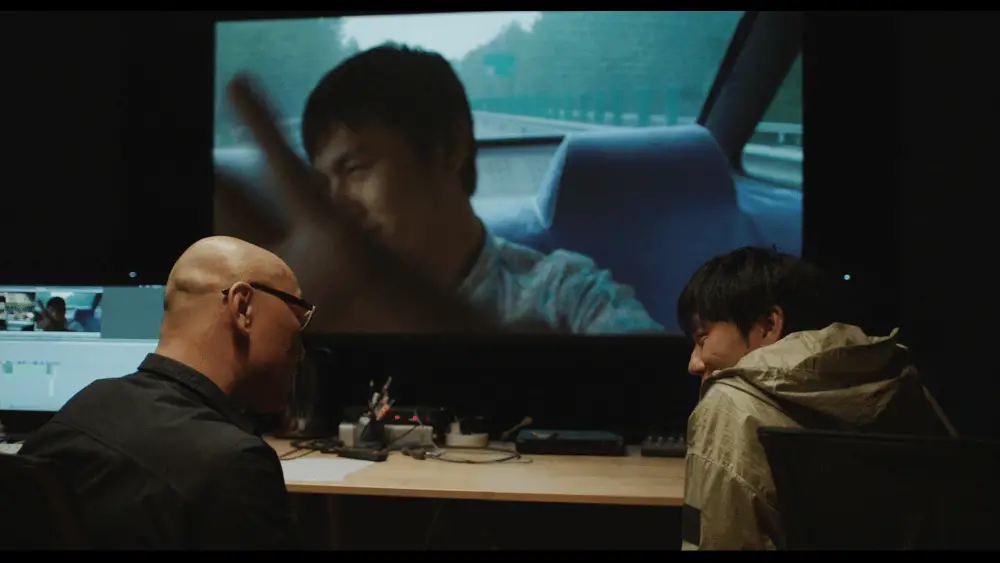Mainland Chinese director Lu Ye won two top honors for his indie feature “An Unfinished Film” at the Golden Horse Film Awards in Taiwan on Saturday: Best Feature Film and Best Director.
The awards presented to Lu and others that night represent a defiant stance against mainland Chinese authorities, who operate a restrictive control system over the film industry.
The long-running Golden Horse Awards have long been considered the premier awards ceremony for Chinese-language films. But after the 2018 winner gave a speech from the stage advocating for Taiwan’s independence, China banned the filmmaker from attending and instead sought to promote its own awards race.
The People’s Republic of China (Mainland China) and the Republic of China (Taiwan) are at odds over the legitimacy of many international organizations. China insists it will unify democratically run Taiwan as a rebel province by force if necessary.
The documentary “An Unfinished Film” depicts a film crew attempting to shoot a film during the Covid-19 pandemic, with the city of Wuhan under unprecedented lockdown. The subject matter is extremely sensitive for Chinese authorities, and Lu used prohibited or blocked images in the film.
It is unclear what punishment Lu will face for producing the film, which premiered at the Cannes Film Festival earlier this year but remains unreleased in China. Mr. Lu did not attend the Golden Horse ceremony in Taiwan, but his wife, Ma Ying-li, did. She read a statement in which Lu called making “The Unfinished Film” one of the “most special” things she had ever done as a director. Lu has previously explored other sensitive topics, including gay sex and the 1989 Tiananmen Square massacre.
Also absent, but making his presence felt, was mainland Chinese actor Zhang Zhiyong, who won the Best Actor Award for his role in the Chinese-language homosexual drama Bel Ami. Bel Ami, directed by China’s Geng Jun but officially a French production, also won Best Cinematography and Best Film Editing.
Another mainland Chinese director, Wang Xiaoshuai, who risked public condemnation by premiering Red Dust, a film set during the Cultural Revolution, in Berlin without government permission, was named winner of the Best Original Screenplay award. It was.
“Despite the sensitivity of the award, more than 200 Chinese films entered this year’s competition, and the Mainland Affairs Committee (MAC) said the number was the highest in recent years, AFP reported.
Taiwan has set limits on the number of Chinese movies that can be shown in movie theaters. It was reported that by winning the island’s top film award, the “unfinished film” was able to bypass restrictions and the distributor set a release date of December 20th.
“Red Dust” and “Bel Ami” are not scheduled for release in mainland China.
